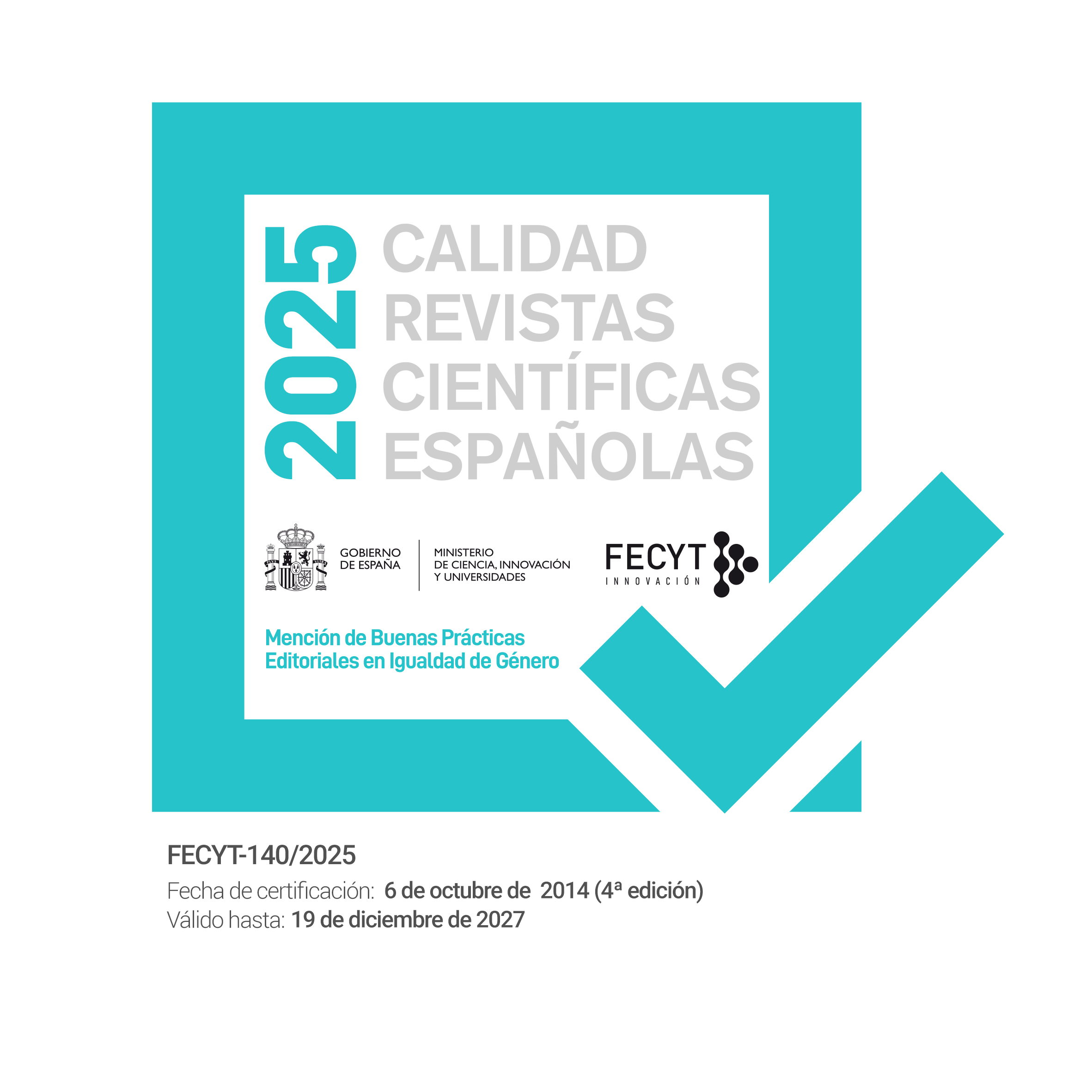EDUCACIÓN PARA LA PAZ
DOI:
https://doi.org/10.5944/educxx1.6.0.350Keywords:
paz, ciudadanía, educación para la paz, peace, citizenship, peace educationAbstract
La educación para la paz ha experimentado un desarrollo importante en los últimos 20 años, y el 2000 ha sido declarado Año Internacional para la Cultura de Paz. Exige un esfuerzo de participación y una capacidad crítica para facilitar el paso de una cultura de guerra a una cultura de paz. Se trata de ayudar a todos los ciudadanos a observar y reflexionar sobre el conjunto de la tierra y de quienes la habitan. De escuchar a los jóvenes y ser escuchado. La educación para la paz ha de ser considerada como contenido transversal de la educación. La situación actual, los conflictos interétnicos e interculturales, la exclusión y la marginalidad, las sociedades pobres y las ricas son cuestiones que reclaman una educación por la paz. De la cultura de imposición hemos de pasar a la cultura del diálogo y participación, solidaridad, compromiso, tolerancia y respeto. Es necesario construir otro mundo en el que podamos asegurar a nuestros descendientes el futuro. La paz es un comportamiento, es traducir a la práctica los principios de convivencia, de solidaridad, de fraternidad. Sólo así "vendrá el amanecer (y) brillará mucha luz en nuestro camino".
ABSTRACT
The education for peace has experienced an important development in the last 20 years, and 2000 has been declared International Year for the culture of peace. It is required an effort of participation and a critical aptitude to facilitate the step from a culture ofwar to a culture of peace. It is not only a question ofhelping all the citizens to observe and think about the set ofthe earth and ofwhom inhabit it, but also oflistening to the youth and being listened. The education for peace has to be considered as transverse contení of the education. The present situation, the interracial and intercultural conflicts, the exclusión and the marginality, the poor and rich societies are questions that demand an education for peace. From the culture of imposition we have to go on to the culture of the dialogue and participation, solidarity, commitment, tolerance and respect. It is necessary to construct another world where we could assure the future our descendants. Peace is a behaviour, is to transíate into practice the beginning of living together, of solidarity, of brotherhood. Only, in this way, «there will come the dawn (and) much light will shine in ourpath».
Key words: peace, citizenship, peace education.
Downloads
Downloads
How to Cite
Issue
Section
License
Educación XX1 is published under a Creative Commons Attribution-NonCommercial 4.0 (CC BY-NC 4.0)










